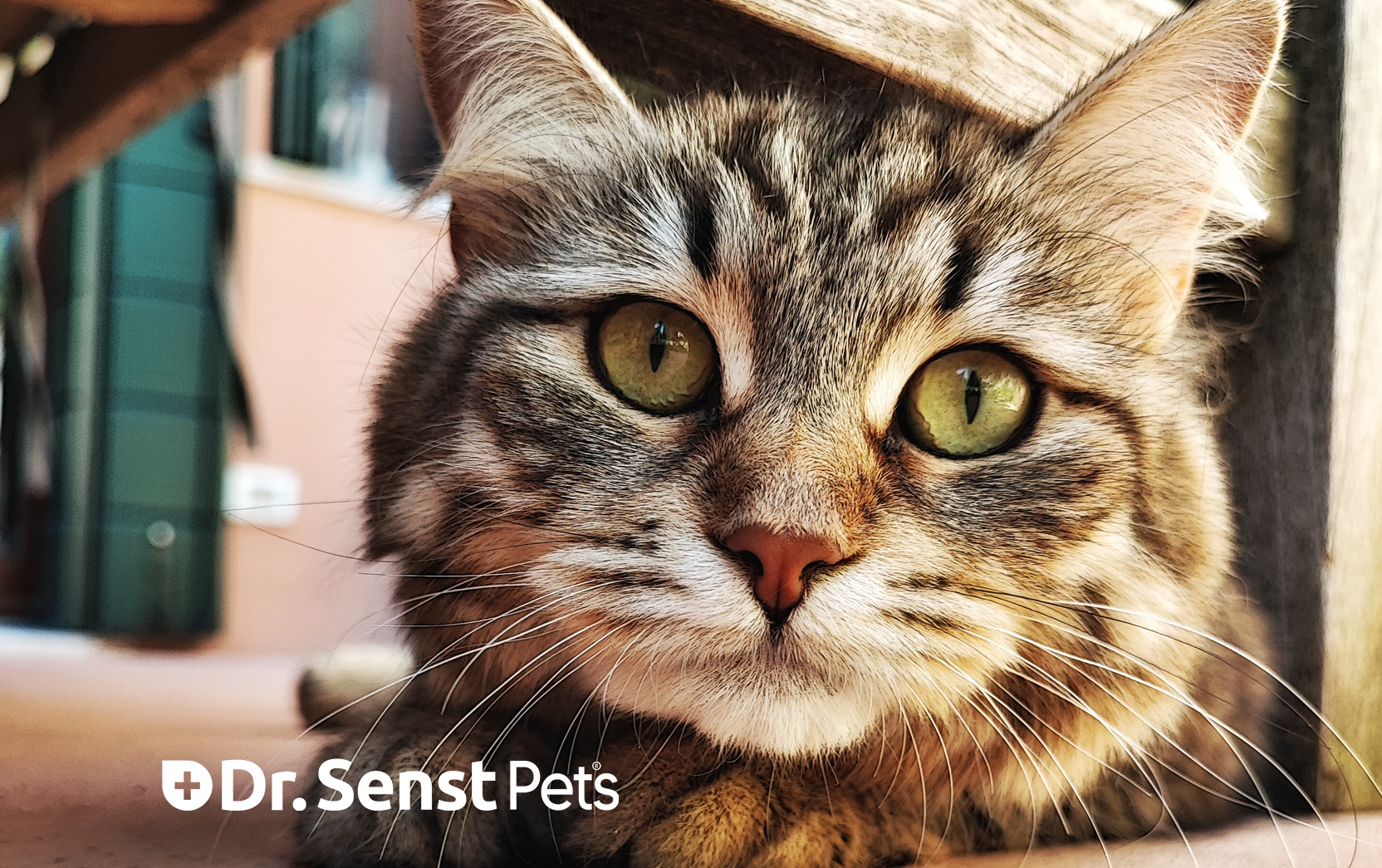
- by Dr.Thilo Senst
Natural Remedies for Cat Itching Paws: Home Solutions for Itchy Cats
- by Dr.Thilo Senst
Natural Remedies for Cat Itching Paws: Home Solutions for Itchy Cats
Itchy paws can be an uncomfortable and frustrating experience for your cat. If you've noticed your cat excessively licking or scratching its paws, it’s a sign that something is amiss. This article explores natural remedies for itchy cat paws, providing easy home solutions and preventive care that will help soothe your feline friend.
Itchy paws in cats can be triggered by several factors, including allergies, dryness, or environmental irritants. According to Cats Protection UK, around 10% of cats are estimated to suffer from some form of allergic reaction, with paw irritation being a common symptom. Identifying the cause is essential in finding the right solution for your itchy cat.
Natural remedies offer a gentle approach to addressing itchy cat paws without the need for harsh chemicals or medications. They are often more accessible and can be easily administered at home. Additionally, natural treatments are a safer alternative for long-term management, particularly for sensitive or allergy-prone cats.
Here are several effective home solutions to relieve your cat’s itchy paws:
A soothing paw soak can help relieve itchiness by removing irritants and providing hydration. Oatmeal is a great natural anti-inflammatory that helps calm irritated skin.
Make sure the water is lukewarm, as hot water can further irritate the paws.
Apple cider vinegar is known for its antibacterial and antifungal properties, making it a useful natural remedy for treating mild infections that may cause itchiness.
Coconut oil contains natural anti-inflammatory and antifungal properties, making it an ideal treatment for itchy cat paws.
Aloe vera has been a trusted remedy for soothing skin irritation and dryness in humans and animals alike. It’s safe and effective for relieving itchiness.
Preventative measures can go a long way in maintaining your cat’s paw health. Here are some effective tips:
Check your cat’s paws regularly for any signs of cuts, redness, or parasites. Early detection can help prevent severe itchiness from developing.
Keeping your home clean reduces the presence of dust, mites, and allergens that may irritate your cat’s paws. If your cat enjoys time outdoors, ensure that areas like the garden are free from potential irritants like fertilisers or pesticides.
Using a humidifier during dry months can help keep your cat’s skin and paws hydrated, preventing dryness and cracking.
Just as we need comfortable and well-maintained shoes to protect our feet, cats rely on their paws for protection. When paws are dry, cracked, or irritated, they become less effective at offering this protection. Treating and caring for your cat's paws is like ensuring they have a sturdy pair of shoes!
Q1: How do I know if my cat’s itchy paws are caused by allergies?
A: Allergic reactions in cats may include symptoms like sneezing, watery eyes, or excessive licking. If you suspect allergies, try eliminating potential allergens or consult your vet for an allergy test.
Q2: Can I use essential oils on my cat’s paws?
A: While some oils have soothing properties, many essential oils can be toxic to cats. It’s safer to use options like coconut oil or aloe vera, which are known to be non-toxic.
Q3: When should I take my cat to the vet for itchy paws?
A: If natural remedies do not provide relief within a week, or if there’s swelling, redness, or discharge, consult a vet. These could be signs of a more serious infection.
By treating your cat’s itchy paws at home, you can provide immediate relief, reduce their discomfort, and strengthen your bond. Home remedies allow for a natural, gentle approach to treatment, giving you peace of mind that you’re helping without exposing your cat to potential side effects from medications.
For cats prone to itchy paws or sensitive skin, Dr. Senst Antiseptic Itchy Cats Spray can provide soothing relief, particularly when environmental irritants or minor infections are the cause. This spray is designed to reduce itchiness while being gentle on your cat’s skin. Additionally, Dr. Senst Cat Calming Hemp Oil for Cats may help if your cat's itching is stress-related, as it promotes relaxation and reduces anxiety.
By combining natural remedies with quality products, you can support your cat’s comfort and well-being, ensuring they stay healthy, happy, and itch-free.
![]()
Enter your details & download our comprehensive 50+ page printable Dr. Senst Pet Care Planner completley FREE! - keep track of all your pet’s needs, from medical history and training to vet visits, grooming, diet, and more!










Share:
Keeping Your Cat Active: Physical and Mental Health Tips
Chronic Ear Infections in Cats: Long-Term Care and Management